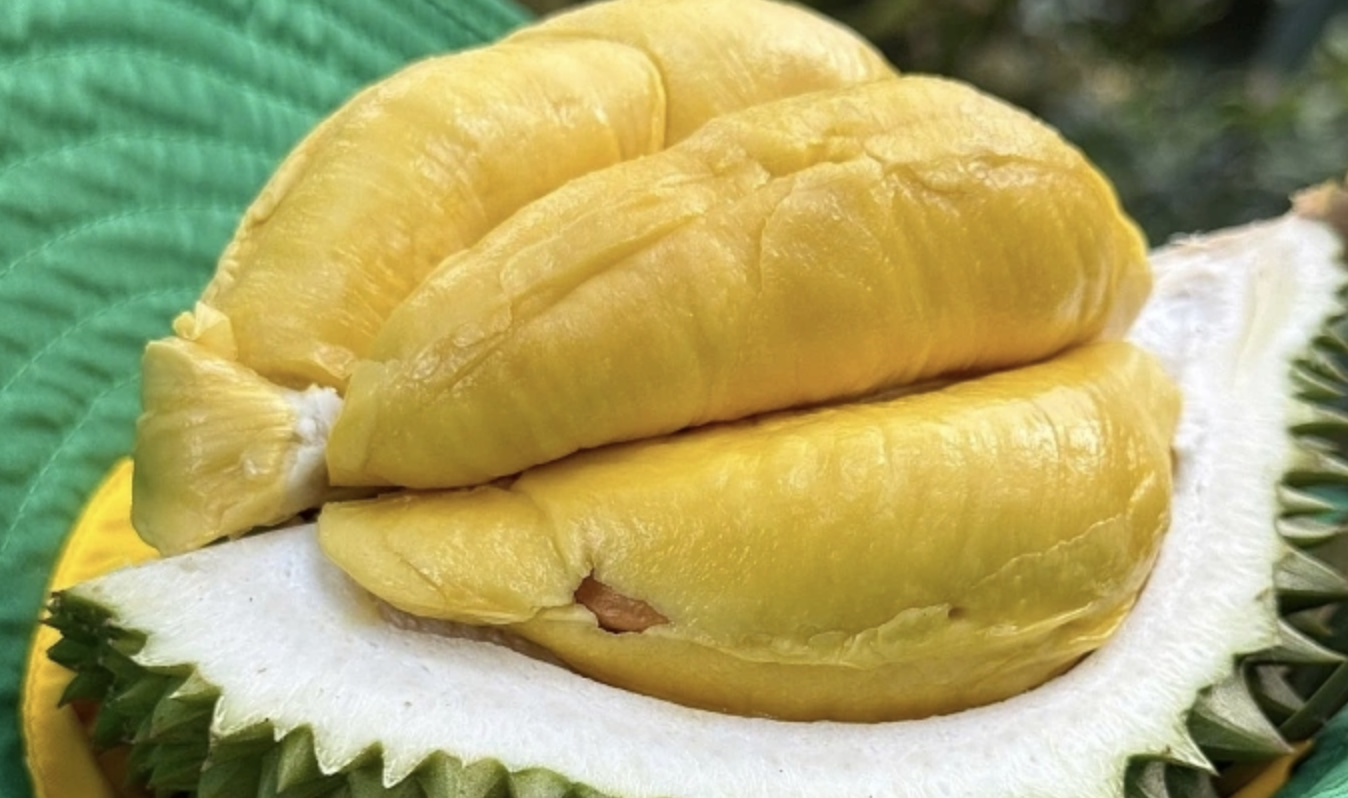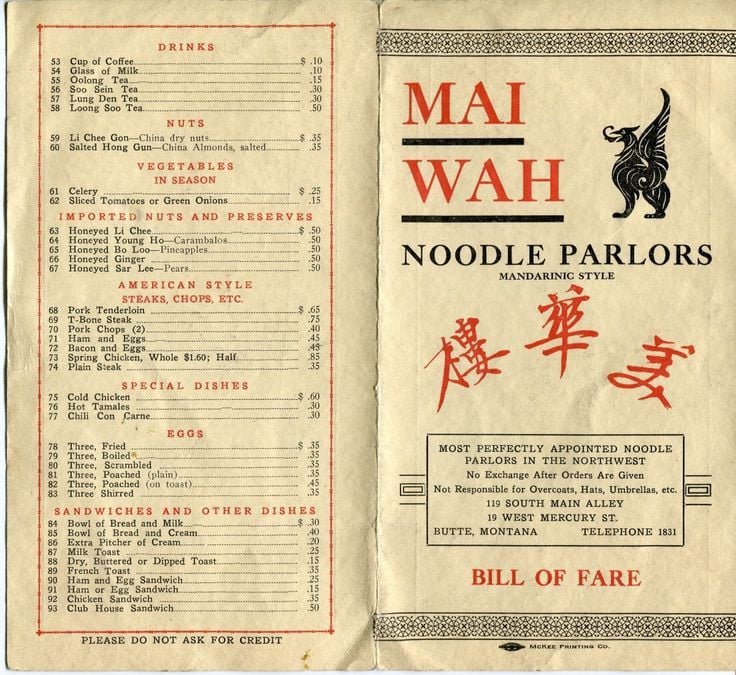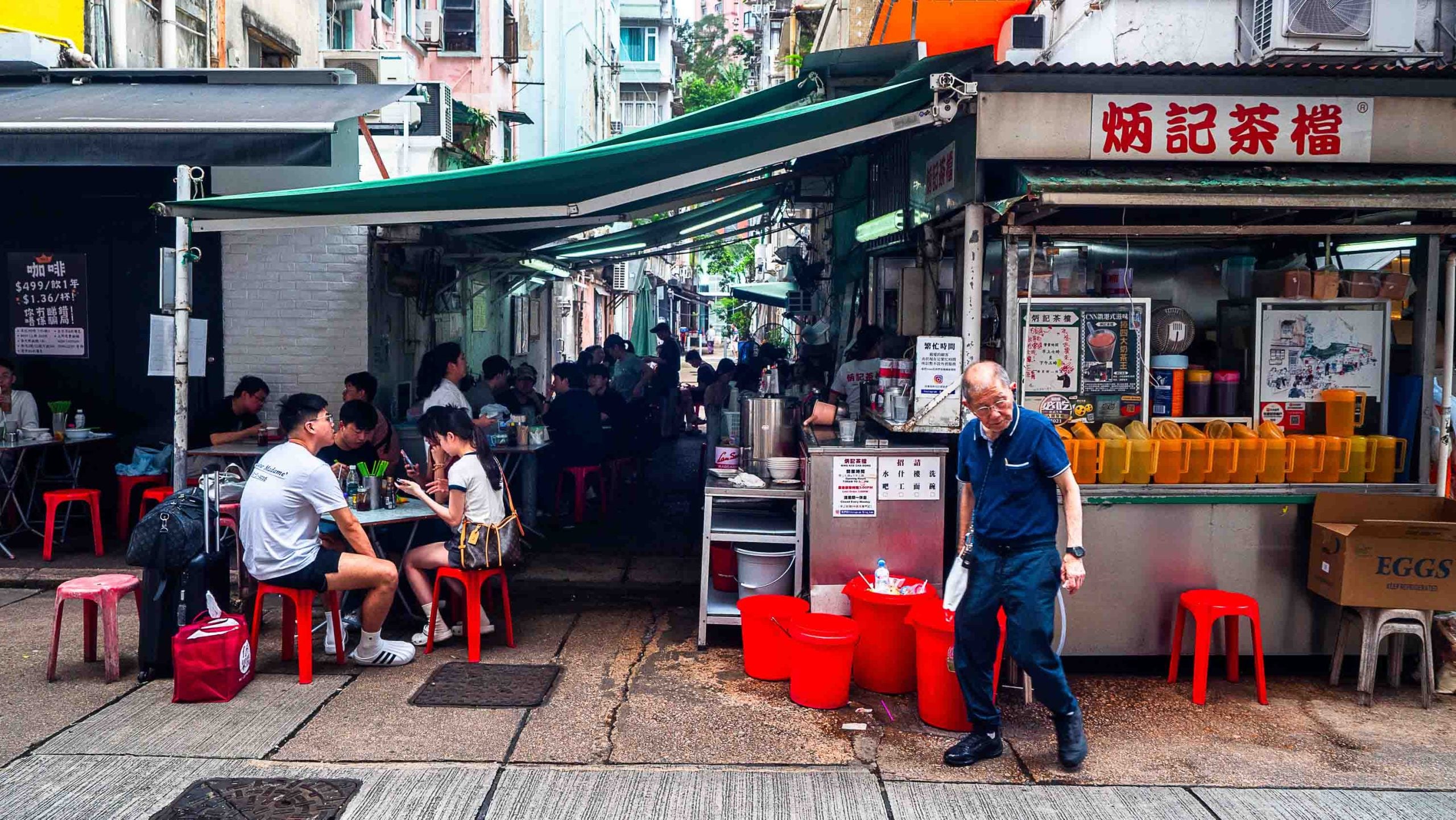Chinese Takeout is a bite-sized, biweekly RADII feature that examines Chinese food from the inside out, by disentangling the (hi)stories behind a single dish or restaurant. Write to us if you have a suggestion or submission.
An oasis, by definition, provides a place for weary travelers to rest and refuel. Tucked among the sand dunes of the Gobi Desert, along the traditional Silk Road route in the northwestern reaches of China, the city of Dunhuang has been such a refuge for thousands of years. And while pilgrims and merchants have been since replaced by tourist footfall, the city’s core function remains the same.
It’s here that Dunhuang’s only vegetarian restaurant seeks to sate travellers and change minds at the same time. Having begun her career as a museum docent a lifetime ago, consultant and “face” of the restaurant Liu “Cathleen” Cuiying hopes to share a bit of indigenous history with visitors through a menu of classic, simple dishes.
The Place
Having first moved to Dunhuang in the early ’90s from neighboring Shaanxi province, Liu worked for 27 years at the Dunhuang Research Academy — a local institution responsible for overseeing the Mogao Grottoes, UNESCO-protected millennia-old cave murals that serve as Dunhuang’s main tourist attraction. Noting the meaningfulness of having a vegetarian restaurant so close to a Buddhist pilgrimage site, Liu recalls that she advocated for opening Qinglian Restaurant (English name “Green Lotus”) and eventually joined as a full-time consultant.

In contrast to the modern Buddhist tourists that come to Dunhuang seeking the caves, most local diners actively disliked the restaurant when she came on board three years ago. “This is a small town,” says Liu. “They stopped accepting being vegetarian hundreds of years ago.” She recalls that there was also resentment from neighboring restaurants when Qinglian broke from the “three menu” trend. “In local restaurants,” she says, “people expect to be served one of three menus: a residents’ menu, a Chinese nationals’ menu, and a foreigners’ menu — all at different prices.”
But over time Liu has seen things gradually change. She relates a story of seeing a handful of young locals, mostly women, who would come almost nightly to eat and eventually became fully-fledged vegetarians themselves.

In addition to a wholesome dining experience, it’s clear that Liu is trying to cultivate a community of people who understand the values that the restaurant strives to embody. Qinglian has set up a program that feeds local senior citizens lunch daily for free, and works with a handful of family farms that grow increasingly more organic produce — a rarity in China, especially in the desert where options are far more limited.
Liu says that most local farms irrigate their crops using water redirected from the nearby Dachuan River, which is susceptible to pollution. But when one family voluntarily opted to use fresh water from the Qilian Mountain range — and no pesticides — the restaurant leapt to sign a suppliers’ contract with them, and with a few more farms that followed suit.

Image: TripAdvisor
The History
Dunhuang was first founded in the Han Dynasty as a military outpost along the Silk Road. That gave rise to the Mogao Caves, which transformed the town into a religious pilgrimage site as well as a trading hub during the subsequent dynasties. “The town was originally mostly Buddhist,” attests Liu. Over the centuries, ethnic groups such as the Hui, Tibetans and Mongolians would occupy Dunhuang, which influenced the cuisine to become more meat-centric. Liu likes giving visitors these snippets of “traditional local culture,” in order to better to prepare for entering the caves.
She says:
“I advise guests who are looking for an authentic experience to eat vegetarian for two days before, and one day after” if they plan to visit the caves and the temples.
Liu adds that guests need look no further than the cave paintings themselves in order to see the significance of vegetarianism in local cuisine. “The paintings illustrate many things, but especially how to eat,” she says. In addition, countless manuscripts found in and around the caves illustrate Tang and Song dynasty-era dishes, as well as give clues as to how it would have been prepared and eaten.
Related:
 Pebble Soup, Hairy Crab and Imperial Take-Out: What Did Song Dynasty People Actually Eat?This cookbook, five years in the making, offers up intriguing dishes with a side order of ancient historyArticle Jan 25, 2019
Pebble Soup, Hairy Crab and Imperial Take-Out: What Did Song Dynasty People Actually Eat?This cookbook, five years in the making, offers up intriguing dishes with a side order of ancient historyArticle Jan 25, 2019
The Dish
Gansu’s cuisine is heavily reliant on meat, particularly on mutton and beef. (It’s no coincidence that Lanzhou, famous for its hand-pulled beef noodles, is also situated in this same province.) That a vegetarian eatery would be the top-rated on TripAdvisor among the restaurants in town makes it that much clearer Liu’s advocacy is paying off.
She says many northern Chinese perceive vegetarian food as just “plates of vegetables” — light, unsatisfying and lacking in flavor. While some of Qinglian’s items are indeed purely plant-based, the restaurant also serves heartier items, such as their fried spring rolls, that even a non-vegetarian can appreciate.

Take their “muddleheaded soup” (“难得糊涂”), a dish that Liu says is based on a popular appetizer served in northwestern Chinese people’s homes. Both tangy and spicy, with chopped noodle dough and vegetables adrift in a tomato-based broth, the soup takes its name from a popular Chinese idiom, which loosely correlates to “ignorance is bliss” in English.
All photos: courtesy Qinglian Vegetarian Restaurant, unless otherwise stated
Cover photo: Crescent Lake, Dunhuang © Yinghao Chen | Dreamstime.com


















